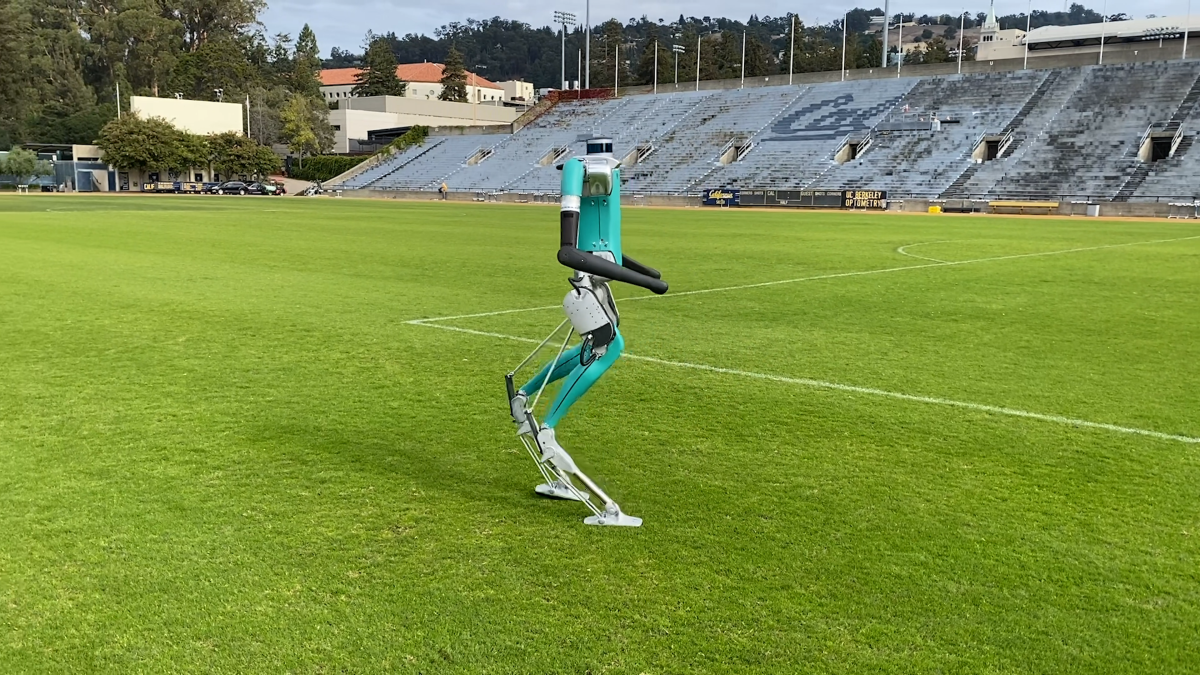Continuous digital transformation, inflation and global volatility Driving the growing demand for digital and soft skills necessary to succeed in the modern economy, according to Coursera’s latest Global Skills Report. The report shows that Germany has fallen five places in the overall ranking and is now ninth in the world and sixth in Europe.
The proficiency of German language learners declined in all three main sectors tracked by Coursera. This affects the fields of business, technology, and data science.
“The evolution and automation of the ‘Great Resignation’ requires greater investments in people. German organizations must continue to develop the digital skills and people that are much needed to build a competitive and equitable workforce,” said Jeff Magioncalda, CEO of Coursera. Evenly distributed. Students and low-income earners need flexible, affordable, and rapid access to entry-level digital jobs that provide the foundation for a stronger and more inclusive economy.”
The World Skills Report is based on data from 100 million learners in more than 100 countries who have used Coursera to acquire a new skill in the past year. The report assesses three of the most in-demand skill areas that drive employment in the digital economy – business, technology and data science.
The most important results in Germany:
- German learners perform best in the economy rankings. With a score of 92 percent, Germany ranks ninth in the world for business knowledge – down one place compared to 2021.
- Efficiency in the field of data science continues to decline. In this field, which measures the acquisition of key recent competencies such as machine learning, data visualization and data management, Germany achieved 88 percent and thus ranked 13th globally. In a global comparison, Germany fell six places on the basis of the previous year.
- In technology too, German learners are showing diminishing skills. Here Germany achieves the lowest value (85% efficiency). It now ranks 16th globally in technical skills, down six places from 2021. This area includes acquiring the skills necessary to be competitive in the digital economy, including web development, computer programming, cloud computing, and software engineering.
Global trends at a glance:
- The proportion of women enrolling in entry-level certification or “gateway” certification courses is increasing significantly, from 25 percent in 2019 to 40 percent in 2021. Certifications such as Google IT Support and Google Data Analytics provide a clear path to gaining the necessary skills—demanding digital jobs online entry level. These courses require approximately 240 hours of study, which can be completed in just six months at ten hours per week.
- There is a strong relationship between skill levels, GDP, and Internet access. Richer countries scored higher in overall efficiency, as did countries with higher levels of Internet access.
- In developed countries, learners have acquired more soft skills such as risk management and resilience. Learners in developing countries have placed more emphasis on digital skills through courses such as Supply Chain Systems and Mobile Engineering.
- The most in-demand business and technical skills around the world last year were leadership and management, probability and statistics, and theoretical computing. For the second year in a row, Switzerland had the best educated learners, followed by Denmark, Indonesia and Belgium.
- Learners also focused on courses that provide the skills needed to understand the COVID-19 pandemic. Enrollment in courses dealing with epidemiology and risk management is four times higher than it was before the outbreak.
“Although the latest data from Coursera shows that the German workforce remains among the best educated in Europe – and the world – the international race for talent is growing. This is driven by an increase in Remote work and the continued growth of the digital economy.” “This report provides German business and government leaders with insights into this changing skills landscape and critical areas for skills development. In addition, it demonstrates ways to access digital entry positions that facilitate the transition from low-end occupations to jobs of the future.”
With over 100 million learners, over 7,000 institutions, and over 5,000 courses from 250 of the world’s top universities and business educators, Coursera has one of the largest data sets to identify and measure competency trends. The World Skills Report compares over 100 countries with the percentage given for each skill. The country that shows 100 percent efficiency is in the top of more than 100 countries, and the country that shows zero percent ranks lowest. Coursera currently supports skill development for 1.25 million German learners.
Countries are allocated a total share of competencies, divided into four levels of modernization:
- Cutting edge: 75%-100%
- Competitive: 50%-75%
- Emerging: 25%-50%
- Lagging: 0%-25%
www.coursera.org

“Certified tv guru. Reader. Professional writer. Avid introvert. Extreme pop culture buff.”






More Stories
How the technology behind ChatGPT powers this bot
Mercedes G580 with EQ technology: The G-Class has become electric
What are the consequences for medium-sized technology and industrial companies?